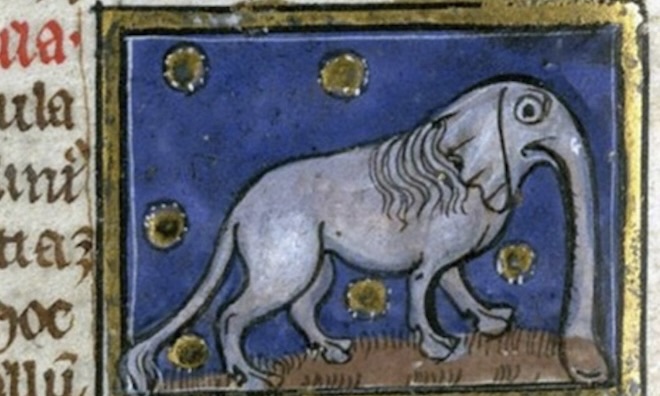LOOK IT UP
I’ve been reading a strange and stimulating book by Simon Winchester — The Professor and the Madman: A Tale of Murder, Insanity, and the Making of the Oxford English Dictionary.
It’s about two men central to the decades-long writing of the monumental, twenty-volume reference work. James Murray was a lexicographer and philologist who served as chief editor of the project for thirty-six years. Dr. William Minor, one of the OED’s brightest researchers and most prolific contributors, also happened to be a murderer confined to an asylum for the criminally insane.
The biographical elements are quite interesting. But the thing that has really grabbed me is the story of the dictionary itself.
I’d never given one bit of thought to how intricate and arduous the process of crafting such a work must have been, especially creating a dictionary intended to be so unquestionably complete, comprehensive, and authoritative as the OED. Neither had I ever for a moment considered the history of dictionaries, generally. In English, they haven’t been around nearly as long as I would have expected.
The ancient Mesopotamians are credited with creating the earliest word lists about four-thousand years ago. The Chinese were into it around the 3rd century B.C.E. France and Italy began developing dictionaries of their languages during the early Renaissance. And in Tudor England there did exist compilations that we might recognize as something like a Latin-English glossary, used mostly for the purposes of translation. But before the early 1600s, there was nothing that we would recognize as a modern English dictionary — no single reference for definitions, spelling, and correct implementation of the language.
Winchester notes that William Shakespeare didn’t have the ability to look up a word.
None of the great thinkers and writers of his age could. If one sought clarity about the meaning of an unfamiliar term or wanted to put a word into an unusual context, as Shakespeare often did, there simply wasn’t any place to determine if such was apt or made sense. In fact, the phrase, “to look (something) up” — meaning to research or verify it — didn’t come into usage until 1692, over seventy-five years after Shakespeare’s death.
While early English dictionaries did begin haphazardly to appear late in Shakespeare’s lifetime, they varied wildly in their purpose and utility. Most were arranged according to subject — i.e. birds, tools, foods — rather than alphabetically. Others were collections of only the rarest and most curious words, intended to broaden one’s vocabulary, but not very helpful as a fundamental guide to the language.
I find it so hard to imagine writing anything without being able constantly to look things up. I use search engines like Google dozens of times a day, and an online dictionary and thesaurus are always open as I write. Shakespeare, however, likely had only a couple of Bibles on which to lean for reference. Perhaps this is one of the reasons why so many modern English words and phrases are attributed to Shakespeare — since he couldn’t look them up, he often made them up.
The Oxford English Dictionary was a grand effort to create, once and for all, an alphabetically arranged list of all the words in the English language, with corresponding definitions and citations to substantiate and illustrate historical usage. Beginning in the mid-1800s and completed in 1929, it involved thousands of volunteers reading literally every single book, noting subtle differentiations and shifts of meaning of each word throughout the centuries. The undertaking strove, through exhaustive inclusivity, to achieve the ultimate authority — the final word, so to speak.
As I was contemplating the awesome scale of this project, I came across a blog post from Seth Godin, in which he pointed out that even the longest autobiography, when read aloud as an audiobook, is only about twenty-two hours long.
Thus, even when someone is telling the definitive story of one’s own life — which involves, on average, almost 700,000 hours of living it— a 22-hour version only represents about .003%.
Most of it has to be left out. Out of hundreds of thousands of hours of material, we choose a tiny percentage with which to define ourselves and our lives. The rest ends up on the cutting room floor — untold for one reason or another — because it’s redundant, or forgettable, or contrary to the point we’re wanting to make.
What we choose and/or remember to include in our story becomes our self-reference. We define ourselves.
This strikes me as similar to the OED project in that self-definition is a process of sorting through vast and ever-changing source materials to select that which truly encapsulates the meaning and essence of something — in this case, the meaning and essence of ourselves. At the same time, however, it’s quite unlike the process of organizing the dictionary, because it’s not about trying to include everything. Indeed, we must leave most of it out.
I’ve been gnawing on these ideas (as well as a dozen different tangents), and I find myself with a couple of ginormous questions regarding how we define ourselves and tell our stories:
What are we looking up versus making up?
In some areas we may be creating out of a sense of pure possibility, while in others we rely heavily on the historical record. The former may serve us sometimes so that we may feel unbound by precedent, transcendent of cultural conditioning, and free from any prescribed limitations. However, we won’t get very far without at least some of the agreement and context provided by the latter. Both approaches end up with advantages and pitfalls…
Where and how do we look ourselves up? To whom/what do we look up?
There’s something about the authority-autonomy spectrum here — on one hand, unmitigated self-determination — on the other, collaboration, community, and consensus. It seems to me that healthy self-expression involves a balanced relationship between the two, a workability with both.
I think I may have bitten off a lot more than I really wanted to chew this week… uh oh. I’m not at all sure what’s going to come out. But whatever it is, I can’t wait to be with you on Sunday, March 12, 10:00am at Maple Street Dance Space. With the divine Patty Stephens. Don’t forget to set your clocks forward! XO, Drew
©2023 Drew Groves




